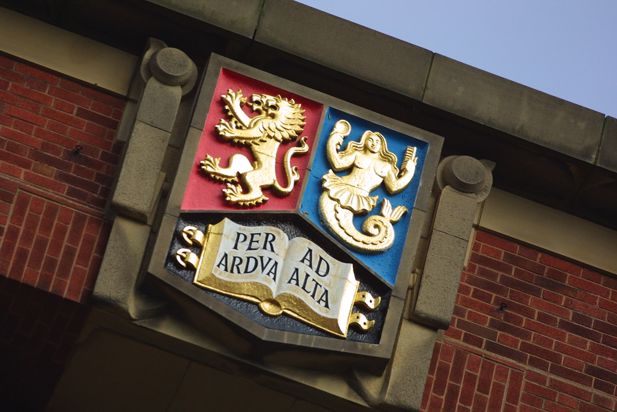Fathoming blood cancers by laboratory and clinical investigation with some fishing
- Location
- Leonard Deacon Lecture Theatre Medical School Edgbaston Campus
- Dates
- Wednesday 1 February 2012 (16:30-18:00)

Mark is Professor of Clinical Immunodiagnostics and Director of the Clinical Immunology Service, College of Medical and Dental Sciences at the University of Birmingham. He graduated with his Medical Degree from the University of Manchester in 1980 and gained his PhD there in Immunology in 1987.
Mark moved to work in Birmingham in 1990 as Lecturer and Honorary Senior Registrar in Immunology. He obtained Membership to the Royal College of Pathologists in 1993 and became a Fellow in 2001. He has directed the Clinical Immunology Service since 2000. The service provides a unique interface between the University's substantial scientific expertise in immunology and clinical investigation and management of blood cancers, immunodeficiency and autoimmunity to a population of five million.
He has provided central laboratory analysis for phase 3 UK clinical trials in myeloma (MRC 6th – 11th trials, MERIT and TEAMM) and is chief investigator for two. The results of these trials are helping formulate world opinion on investigation and management of the disease. He has developed and played a key role demonstrating the utility of new laboratory tests for diagnosis and monitoring of myeloma and related disorders. He is a member of MRC/NCRN Myeloma Working Groups and of UK and UK/Nordic Myeloma Guidelines Group and MGUS Guidelines Group.
His basic research in haematological oncology is shared with his long term collaborator Professor Chris Bunce. This obtained Programme support from the Leukaemia Research Fund in 2005 which was successfully renewed in 2010. The Programme along with drug redeployment strategies is translating into new treatments for blood cancers both in the West Midlands and Malawi.
He has grants from Cancer Research UK, Leukaemia Lymphoma Research, Medical Research Council, National Institute of Health Research and Queen Elizabeth Hospital Charities.
Cost: Free of charge